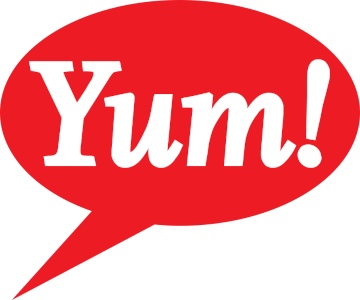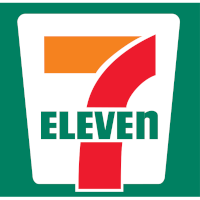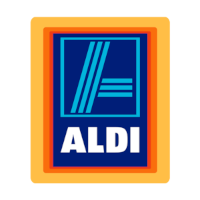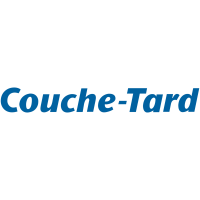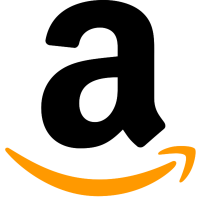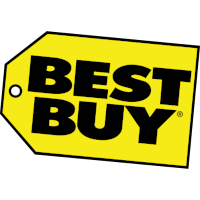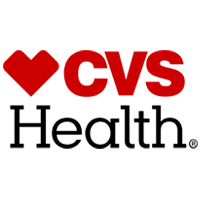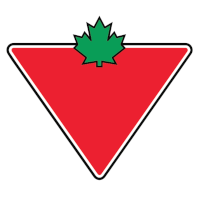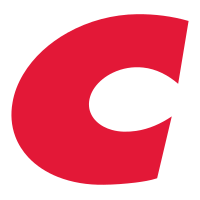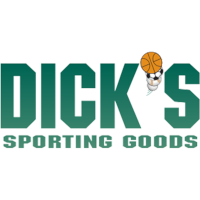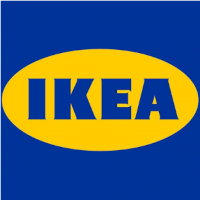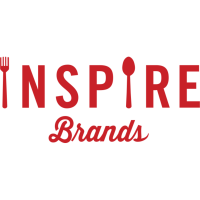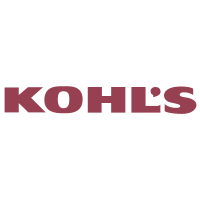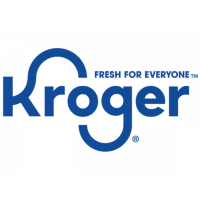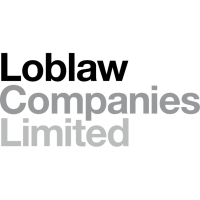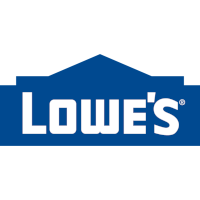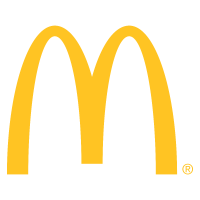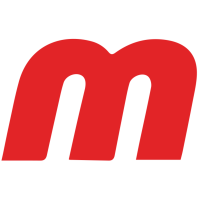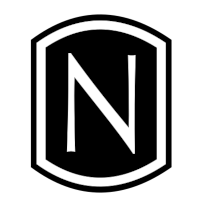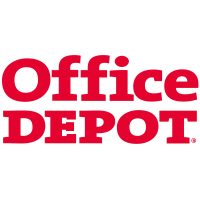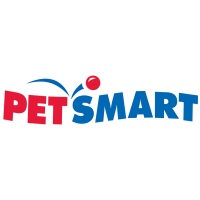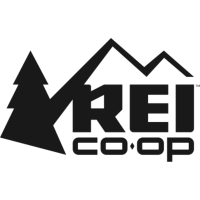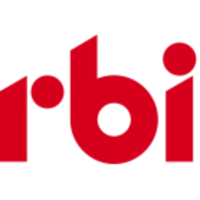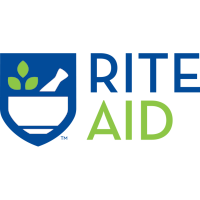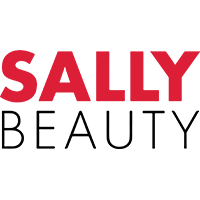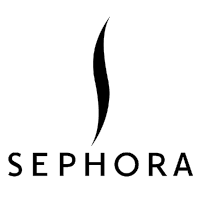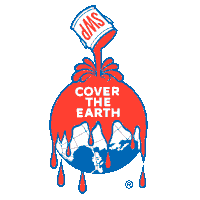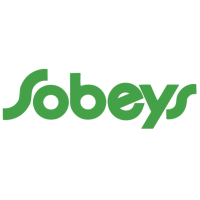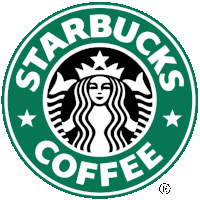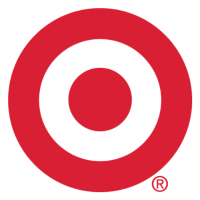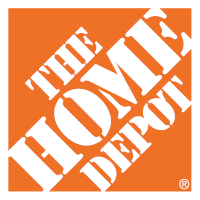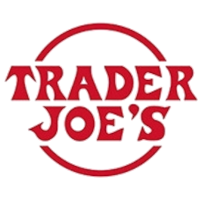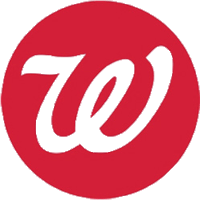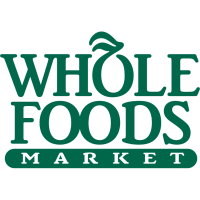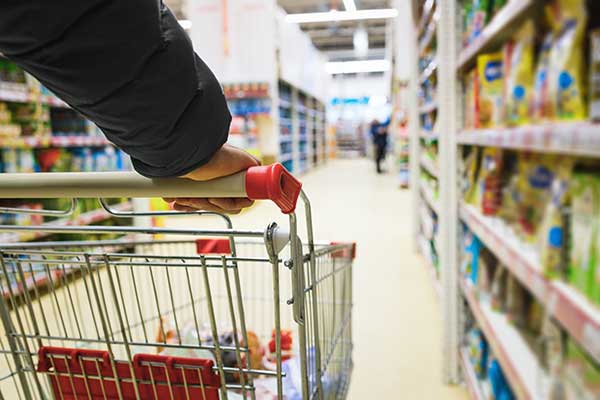Subsidiaries of Yum! Brands



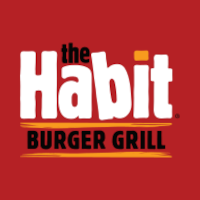
Key Findings and Recommendations
- Corporate Commitment: Yum! Brands has no public written safer chemicals policy and made no public commitment to safer alternatives in products, packaging, or operations. The company does have a sustainable packaging policy that includes a commitment to phase out PFAS, BPA, and phthalates in packaging by 2025, but it has not committed to ensuring packaging does not include any other highly hazardous chemicals. Yum! Brands should publicly commit to develop and implement a corporate safer chemicals policy and actively explore best practices with peer organizations and outside experts.
- Transparency: There is no indication Yum! Brands requires suppliers to disclose chemical ingredients or plastics to the retailer or consumers, nor that it requires testing to ensure products are free of hazardous chemicals or plastics beyond regulatory compliance. Yum! Brands should require ingredient disclosure, verify accuracy, and evaluate its chemical footprint.
- Ban the Bad: Yum Brands has eliminated 99 percent of expanded polystyrene from its private-label packaging. It has also set a goal to phase out PFAS, phthalates, and BPA in packaging, but has not publicly reported on progress toward that goal. Yum! Brands should adopt a mandatory restricted substances list (RSL) for chemicals and plastics of high concern in packaging and publicly report on its progress in meeting those goals.
- Safer Solutions: There is no indication that Yum! Brands has supported the development or sale of safer products. Yum! Brands should work to ensure substitutes for chemicals and plastics of high concern are safer for the health of consumers, communities, workers, and the environment.
2024 Detailed Analysis of Yum! Brands
Corporate Chemicals Policy
Adopted a safer chemicals policy
Oversight
Established management oversight
Chemical Footprint Project (CFP)
Participated in the CFP
Collaboration
Actively participates in collaborative process to promote safer chemicals
Public Policy Support
Supported governmental policies to reduce chemicals or plastics of high concern
Supply Chain Disclosure
Brands report use of chemicals or plastics in products or packaging to retailer
Supplier Accountability
Ensures supply chain accountability for chemicals or plastics restrictions
Consumer Disclosure
Brands disclose use of chemicals or plastics to consumers
Chemical Footprint Calculation
Publicly disclosed its chemical footprint
Restricted Substances List (RSL)/Manufacturing Restricted Substances List (MRSL)
Reduction/Elimination Goals
Chemicals and Plastics Reduction
Reduced or eliminated toxic chemicals or plastics of high concern
Safer alternative definition
Adopted a definition of safer alternative consistent with Washington state
Investment in Safer Solutions
Invested financial resources to advance and drive development of safer solutions
Implementation of Safer Solutions
Replaced chemicals or plastics of concern with safer solutions
Quantified Safer Products
Measured and disclosed progress towards safer products
How does Yum! Brands compare to its competitors?
Previous Grade History
NOTE: Our evaluation criteria changed in 2024. The scores from previous review years through 2021 are based on a different set of criteria measured.
Click or tap on a grade year to review additional details (where available).

